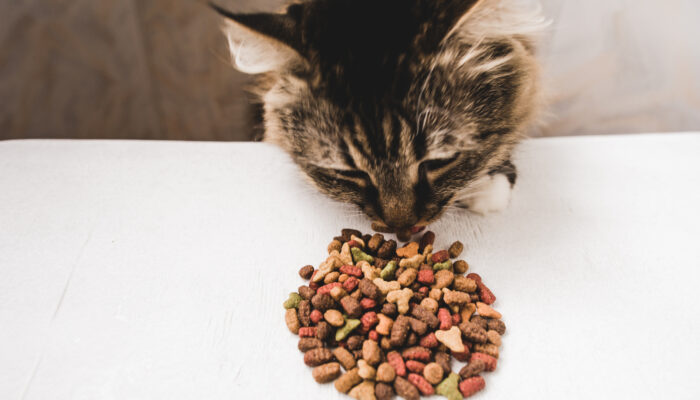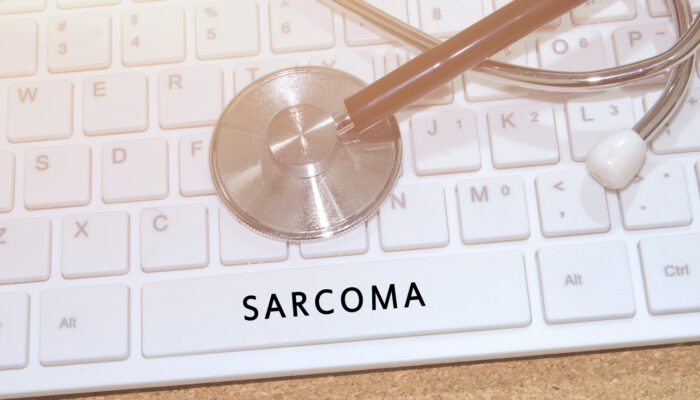
Everything to know about chemotherapy for breast cancer
Chemotherapy is one of the most common treatments used for treating different types of cancers. It makes use of anti-cancer drugs that are given intravenously or orally. The drug travels through the blood to the cancer cells and in some cases is directly injected into the spinal fluid. Some of the common questions around this subject are as follows:
When is chemotherapy used in breast cancer?
Neoadjuvant chemotherapy is used before the surgery. This is done when the tumor is found to be too large to be removed by surgery. This type of chemotherapy helps in shrinking the tumor and gives the surgeon a perspective regarding how the cancer cells are reacting to the particular drugs being used.
Adjuvant chemotherapy is used after the surgery to kill cancer cells that are present in the body even after the surgery. By doing so, adjuvant chemotherapy reduces the chances of cancer from recurring.
Which drugs are used for chemotherapy?
Some of the drugs used for chemotherapy are cyclophosphamide, taxanes (paclitaxel, docetaxel, etc.) carboplatin, capecitabine, and anthracyclines like epirubicin and doxorubicin. In most situations, chemotherapy turns out to be the most effective when a combination of the above drugs is used. However, there is no metric to deem a particular combination of the above drugs to be more effective than a different combination.
What are the side effects of chemotherapy for breast cancer?
Based on the dosage, and the type and length of treatment, some side effects may be caused by chemo drugs. Some of them are:
- Mouth sores
- Hair loss
- Nausea and vomiting
- Weight changes
- Diarrhea
Chemotherapy can affect the blood-forming cells of the bone marrow, which can increase the chances of infection, fatigue, and easy bruising. However, some of these symptoms can be taken care of with medications. The symptoms will subside as the chemotherapy ends.
Does chemotherapy have any effect on fertility and menstruation?
Younger women do observe changes in their menstrual periods as a side effect. In slightly older women, premature menopause and infertility might also be noticed. The older the woman is at the time of receiving chemotherapy, the greater the possibility that the woman would undergo menopause because of it. There would be a subsequent bone loss because of this premature menopause. However, bone loss can be taken care of with some medication.
Why is there fatigue after chemotherapy?
Chemotherapy can render the patient weaker than the time when they had been at the beginning of the treatment. A residual feeling of fatigue and a slight loss of physical function could be created post-chemotherapy. This fatigue can last anywhere between a few months and a few years. Letting the doctors know about this can help in drawing a plan filled with required exercises, nutrition, and naps. Based on the root cause of fatigue, further course of action can be planned out.



